NLMS Adaptive Equalization for Wireless Communication
Problem Definition
Problem Description: The problem that can be addressed using the project "Implementation of Normalized Mean Square (NLMS) Adaptive Equalization for Wireless" is the need for overcoming channel distortion in modern digital communication systems. With the increasing demand for high-speed digital transmissions, channels with time-varying characteristics can introduce inter-symbol interference (ISI) and additive noise, leading to degraded signal quality. Additionally, time-varying multipath interference and multiuser interference further limit the performance of wireless communication systems. In order to combat these issues, adaptive equalizers are necessary to adjust filter coefficients and compensate for channel distortions in real-time. By implementing the NLMS adaptive equalization algorithm, the project aims to study and demonstrate an efficient method to enhance the performance of wireless communication systems by mitigating the effects of channel distortion and interference.
Proposed Work
The project aims at the implementation of Normalized Mean Square (NLMS) Adaptive Equalization for wireless communication systems. With the increasing complexity of modern digital communications, channel equalization has become crucial to compensate for channel distortion. Time-varying multipath interference and multiuser interference pose significant challenges for high-speed digital communications, necessitating the use of adaptive equalizers. Adaptive equalization algorithms, such as NLMS, play a crucial role in eliminating inter-symbol interference and additive noise. By recursively adjusting filter coefficients, these algorithms help mitigate the effects of noise and ISI in high-speed data transmissions.
This project focuses on studying the effectiveness of the NLMS algorithm in adaptive equalization techniques, utilizing modules such as Regulated Power Supply and Seven Segment Display. The research falls under the categories of Digital Signal Processing, M.Tech | PhD Thesis Research Work, and MATLAB Based Projects, specifically in the subcategory of Adaptive Equalization using MATLAB software.
Application Area for Industry
The project "Implementation of Normalized Mean Square (NLMS) Adaptive Equalization for Wireless" can be applicable in various industrial sectors such as telecommunications, aerospace, defense, and automotive industries. In the telecommunications sector, the increasing demand for high-speed digital transmissions necessitates efficient methods to combat channel distortion and interference. The proposed solution of implementing the NLMS adaptive equalization algorithm can help telecommunications companies improve the performance of their wireless communication systems by mitigating the effects of time-varying channel characteristics. In the aerospace and defense industries, reliable and high-performance communication systems are vital for mission-critical operations. By utilizing adaptive equalization techniques like NLMS, these industries can enhance the quality of their communications and ensure reliable data transmission.
Additionally, in the automotive sector, where advancements in connected vehicles and autonomous driving technologies rely on seamless communication networks, the implementation of NLMS adaptive equalization can help improve the reliability and efficiency of wireless communications in vehicles.
The challenges that these industries face, such as inter-symbol interference, additive noise, and time-varying multipath interference, can be effectively addressed by the NLMS adaptive equalization algorithm. By adjusting filter coefficients in real-time, the NLMS algorithm can compensate for channel distortions and enhance signal quality, ultimately improving the performance of wireless communication systems in various industrial domains. The benefits of implementing these solutions include enhanced data transmission quality, reduced interference, and improved overall system efficiency. Moreover, by utilizing modules like Regulated Power Supply and Seven Segment Display, the project can offer a comprehensive study of the effectiveness of the NLMS algorithm in adaptive equalization techniques, providing valuable insights for industries looking to optimize their communication systems.
Application Area for Academics
The proposed project on the implementation of Normalized Mean Square (NLMS) Adaptive Equalization for wireless communication systems holds significant potential for research by MTech and PhD students in the field of Digital Signal Processing. With the increasing demand for high-speed digital transmissions, the need to overcome channel distortions and interference in wireless communication systems is crucial. Researchers can utilize this project to explore innovative research methods and simulations for their dissertation, thesis, or research papers. By implementing the NLMS adaptive equalization algorithm, students can study an efficient method to enhance the performance of wireless communication systems by mitigating the effects of channel distortion and interference. The project covers relevant technologies and research domains such as Adaptive Equalization, MATLAB-based projects, and Digital Signal Processing.
MTech students and PhD scholars can use the code and literature of this project to conduct advanced research in the area of wireless communications, signal processing, and adaptive algorithms. Additionally, the project provides a foundation for future research on enhancing the efficiency and performance of wireless communication systems using adaptive equalization techniques. As such, this project offers a valuable resource for researchers looking to pursue innovative research methodologies and simulations in the field of wireless communications and digital signal processing.
Keywords
Implementation of Normalized Mean Square Adaptive Equalization, NLMS algorithm, wireless communication systems, channel distortion, inter-symbol interference, additive noise, time-varying multipath interference, multiuser interference, adaptive equalizers, filter coefficients, channel distortions, real-time compensation, high-speed digital transmissions, signal quality enhancement, efficient method, interference mitigation, channel equalization, complexity of digital communications, time-varying characteristics, Regulated Power Supply, Seven Segment Display, Digital Signal Processing, M.Tech Thesis Research Work, MATLAB Based Projects, Adaptive Equalization using MATLAB software, MATLAB, Mathworks, DSP, Digital Filter, Analog Filter, Signal Processing, Communication, OFDM, LMS, Linpack
| Shipping Cost |
|
No reviews found!






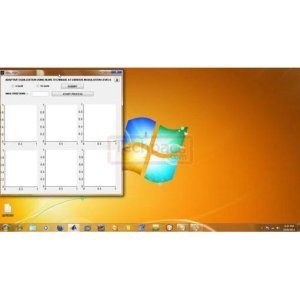
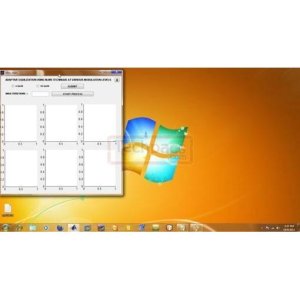




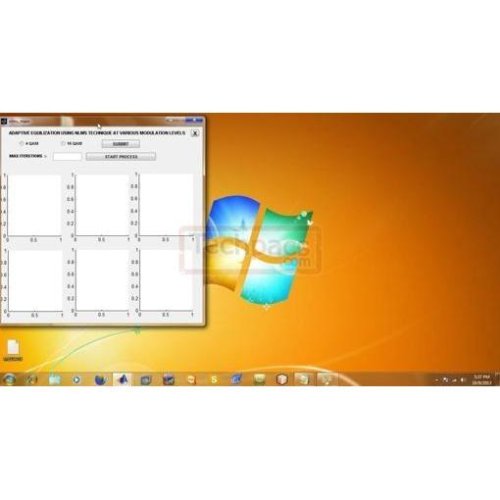









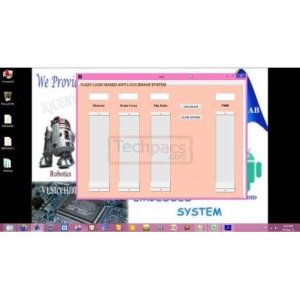
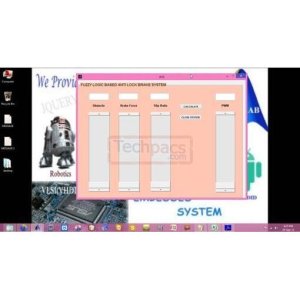
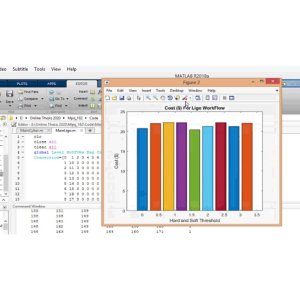
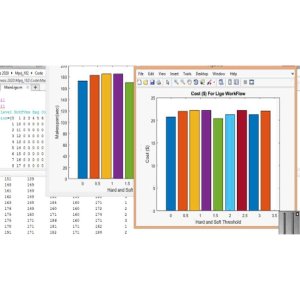

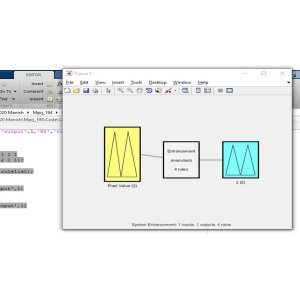
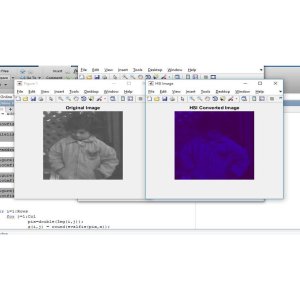
































No comments found for this product. Be the first to comment!